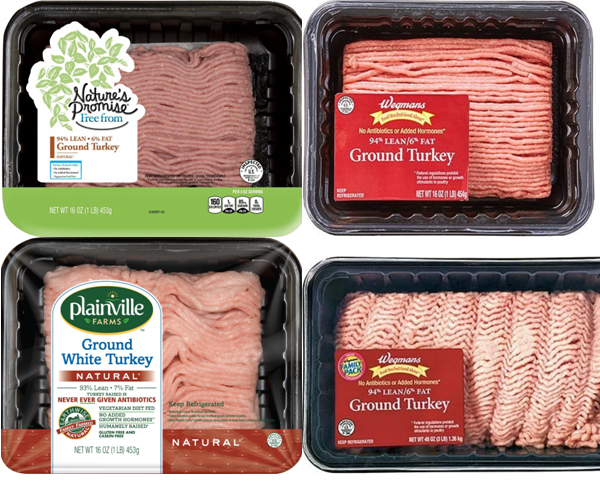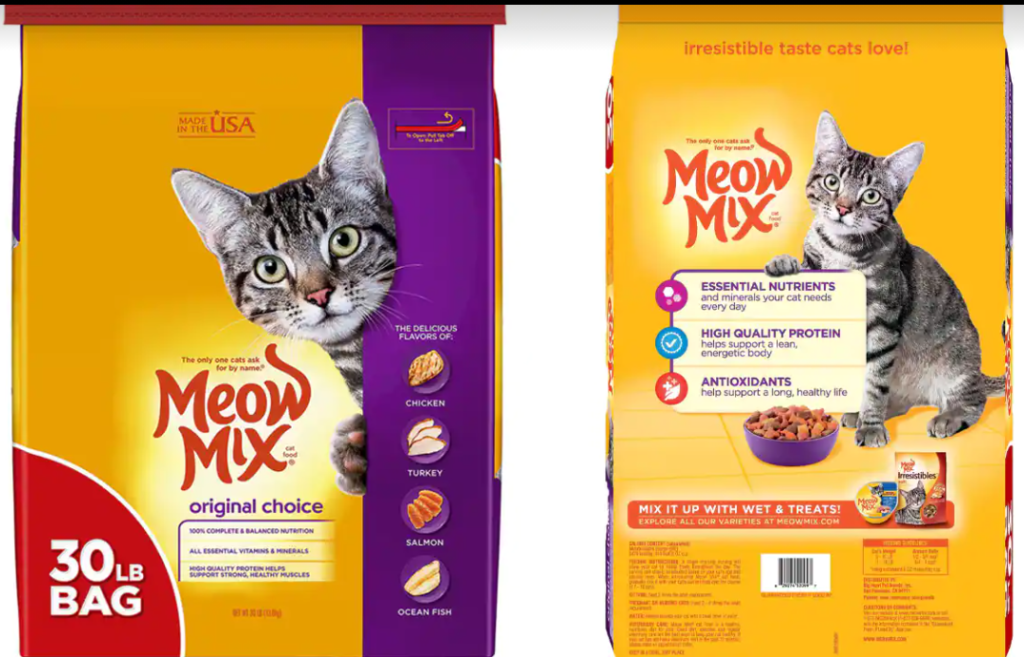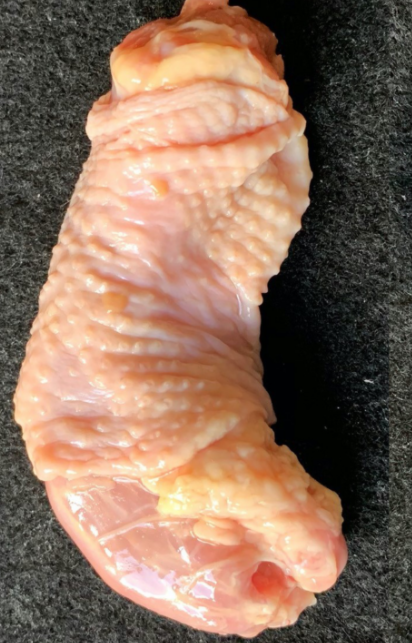The U.S. Department of Agriculture’s Food Safety and Inspection Service (FSIS) issued a public health alert for approximately 211,406 pounds of raw ground turkey products. The products were produced by Plainville Brands, LLC (Pennsylvania) due to concerns the products may have caused Salmonella Hadar illness. FSIS and its partners, including the Centers for Disease Control and Prevention (CDC), public health, and regulatory officials, investigate a multistate outbreak of 28 Salmonella Hadar illnesses in 12 states. The traceback investigation for one case-patient identified the patient consumed ground turkey produced by Plainville Brands. An intact, unopened package of Plainville Brands’ ground turkey collected from this case-patient’s home tested positive for Salmonella Hadar. The strain was closely related genetically to the sample from the patient. The product was not recalled because it is believed that the products are no longer available for consumers to purchase. FSIS is concerned that some products may be frozen and in consumers’ freezers. The products were produced from December 18, 2020, through December 29, 2020. The following products are subject to the public health alert: 1-lb. packages of Nature’s Promise Free from 94% LEAN, 1-lb. packages of Wegman 94% LEAN, 3-lb. packages of Wegman 94% LEAN, and 1-lb. packages of Plainville Farms Ground White Turkey 93%. These items were shipped to retail locations nationwide. @ https://www.fsis.usda.gov/recalls-alerts/fsis-issues-public-health-alert-raw-ground-turkey-products-linked-salmonella-hadar
ruth
ruth
The J. M. Smucker Co. (Orrville, OH) announced a limited, voluntary recall of two lots (lot #1081804, UPC #2927452099, best by Sept. 14, 2022, and lot #1082804, UPC #2927452099, best by Sept. 15, 2022) of Meow Mix® Original Choice Dry Cat Food (30LB bag) due to potential salmonella contamination. Salmonella was found in a product bag. The Company has not received reports of pet illness or adverse reaction and has issued this recall out of an abundance of caution. The recalled products were sold at select Walmart stores in IL, MO, NE, NM, OK, UT, WI, and WY. This recall impacts no other Meow Mix® products. @ https://www.prnewswire.com/news-releases/the-j-m-smucker-co-issues-limited-voluntary-recall-of-two-lots-of-meow-mix-original-choice-dry-cat-food-for-potential-salmonella-contamination-301266092.html#:~:text=%2D%2D%20The%20J.%20M.-,Smucker%20Co.,of%20an%20abundance%20of%20caution
/PRNewswire/ — The J. M. Smucker Co. (NYSE: SJM) today announced a limited, voluntary recall of two lots of Meow Mix® Original Choice Dry Cat Food (30LB bag)…
ruth
The FDA announced a new action plan, called “Closer to Zero,” to reduce exposure to toxic elements in foods commonly eaten by babies and young children to the lowest possible levels. The FDA’s goal is to reduce the levels of arsenic, lead, cadmium, and mercury in these foods to the greatest extent possible. The plan outlines a multi-phase, science-based, iterative approach to achieving our goal of getting levels of toxic elements in foods closer to zero over time. Our action plan will occur in three phases. In the first phase, FDA immediately start setting action levels by (I) Evaluating the scientific basis for action levels; (II) Propose action levels; (III) Consult with stakeholders on proposed action levels; and (IV) Finalize action levels. The next step is to establish a timeframe for assessing the industry’s progress toward meeting the action levels and recommence. The action plan will start with arsenic and lead, proposing action levels. Through this plan, we’ll also take measures to ensure that limiting exposure to toxic elements in foods does not have unintended consequences—like limiting access to foods that have significant nutritional benefits. The goal is to push the levels of toxic elements in these foods closer and closer to zero over time. @ https://www.fda.gov/news-events/press-announcements/fda-releases-action-plan-reducing-exposure-toxic-elements-foods-babies-young-children?utm_medium=email&utm_source=govdelivery
FDA Releases Closer to Zero: An Action Plan for Reducing Exposure to Toxic Elements from Foods for Babies and Young Children
ruth
Broilers are usually slaughtered in a high-speed automated system that could cause the intestines’ rupture during evisceration, resulting in contamination of carcasses with intestinal bacteria like Campylobacter. A study by Moazzami et al. (J Food Prot (2021) 84 (4): 572–578) evaluated the combined effects of ultrasound and steam on naturally contaminated chicken carcasses at a large-scale abattoir in Sweden. Ultrasound ( 30 to 40 kHz) and steam ( 84-85°C or 87-88°C) were used at slaughter, with a line speed of 18,000 birds/ hour. Sampled before and after treatment by ultrasound-steam were analyzed for Campylobacter spp., Enterobacteriaceae, Escherichia coli, and total aerobic bacteria on neck skins. After the ultrasound-steam treatment, the mean reductions in C. jejuni was 0.5 ± 0.8 log CFU/g, in Enterobacteriaceae 0.6 ± 0.6 log CFU/g, in E. coli 0.5 ± 0.6, and total aerobic bacteria 0.4 ± 0.7 log CFU/g. Although the bacterial reductions were significant, large amounts of bacteria remained on the carcasses after treatment. The reduction in counts was lower in this study than in previous studies. @ https://meridian.allenpress.com/jfp/article/84/4/572/447788/Reducing-Campylobacter-jejuni-Enterobacteriaceae




